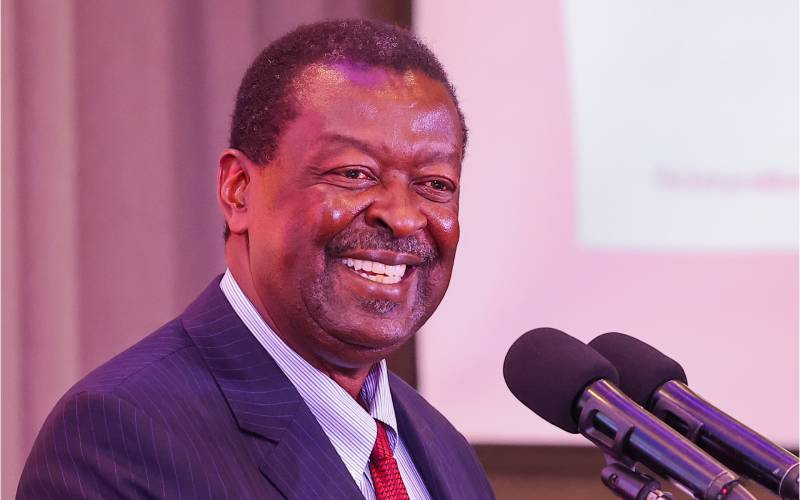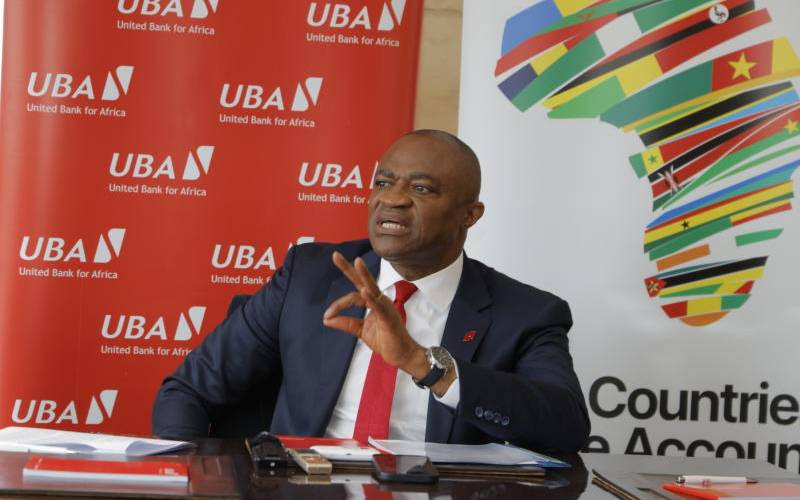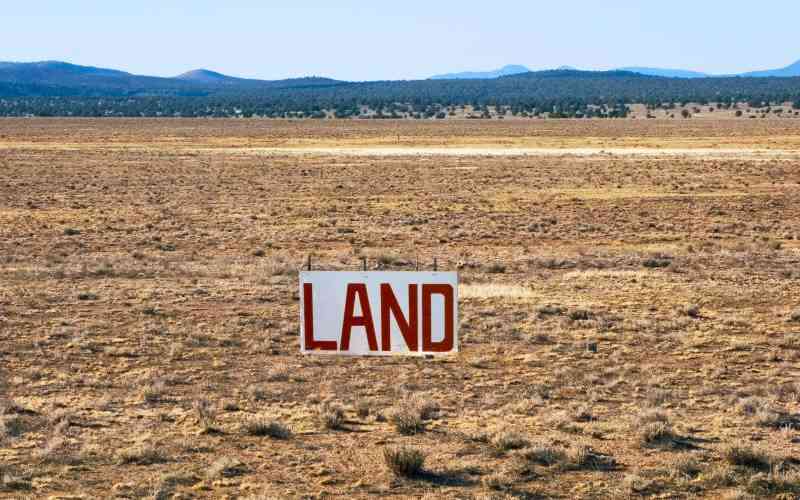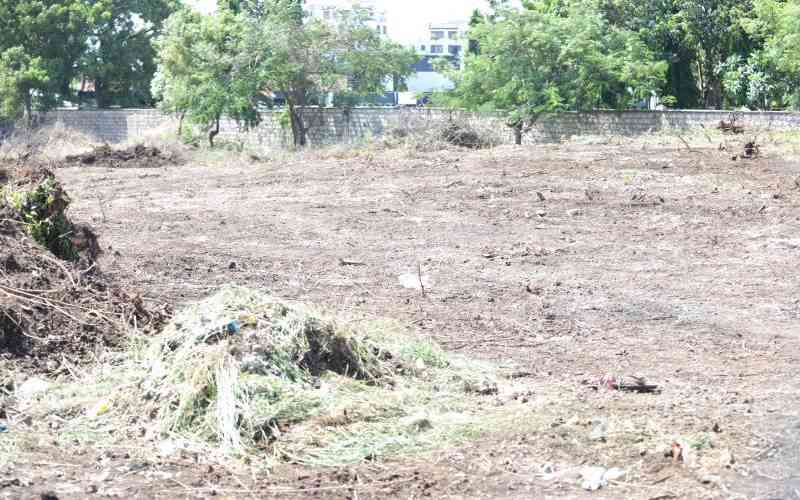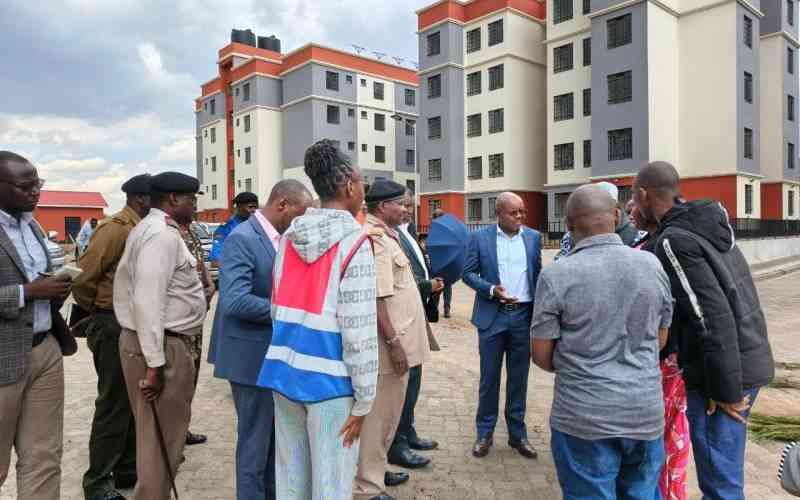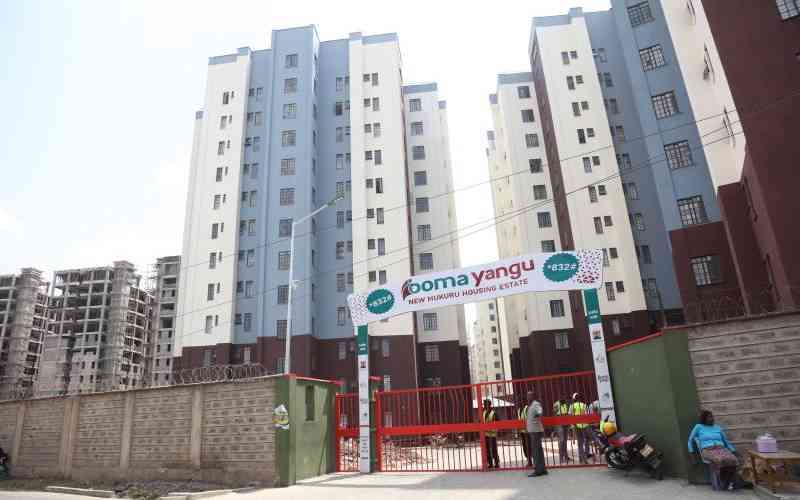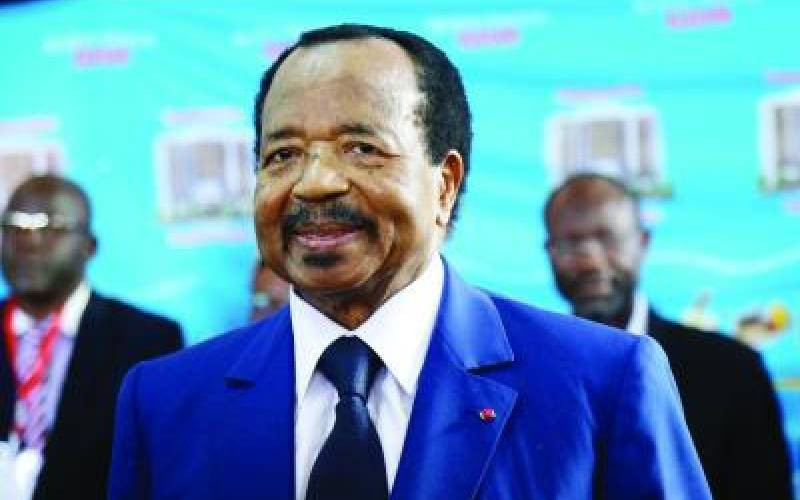
Charles Dunbar Burgess King, a presidential candidate for the True Whig Party during the 1927 Presidential elections in Liberia, was sweating it out against Thomas Jefferson Richelieu Faulkner of the People's Party. Interestingly, the registered voters were 19,000 and Faulkner garnered 9,000 votes (47.4 per cent). However, in the Kenyan style 'Tharaka Nithi Moment' style, King pulled a surprise win with a humongous figure of 230,000 votes out of 19,000 (1,211 per cent). In the previous elections in 1923, he had garnered (115 per cent) so this was a very 'impressive fraudulent performance'. Hilarious but real, laughable but sad.
Over the years, Africa has witnessed great electoral scandals emanating from compromised and incompetent Election Management Bodies, tyranny and despotism, low voter literacy, corruption, vested international machinations and a culture of impunity.
The recent presidential election results in Tanzania and Cameroon have left many wondering whether the culture initiated by King in 1927 will ever end. Samia Suluhu and her Chama Cha Mapinduzi (CCM) got into the election in a climate of intimidation and intolerance for divergent opinion. The opposition luminary and perhaps the man representing the cry for hope and reforms, was thrown to prison with trumped up but very grave charges of plotting a 'coup' to de-sit the CCM from power. The CCM mandarins were scared and the best thing they could do was to draft charges of treason. His deputy too is fighting for his life and freedom in prison on charges of terrorism. If convicted, Tundu Lissu and John Heche could face the hangman and I trust the President can easily sign their death warrants. In April 2025, the only other credible candidate, Luhaga Mpina of the Alliance for Change and Transparency was barred from contesting.
In the footsteps of King, Suluhu won with a whopping 98 per cent leaving the rest of the 16 candidates to divide amongst themselves 3 per cent of the votes with the first-runners up garnering 0.66 per cent and the last 0.02 per cent in an election that recorded 82 per cent turn out despite the deadly street election-motivated street brawls and boycotts. Who can believe in this madness? Even thieving requires some wisdom and 'con decorum'. Tanzania presidency is a complete 'self-contained' absolute monarchy. The presidency in Tanzania, as many countries in Africa, is vested with the full executive authority. As the head of government and cabinet, the presidents chair the Cabinet and appoints all ministers, Chief Justice, High Court and Supreme Court judges, ambassadors, the Attorney General, the Controller and Auditor-General, and various board members of public parastatals and inquiry commissions. It would be foolhardy to compete with people of such stature in an election.
Alassane Dramane Ouattara, 83-year-old Ivory Coast (Cote d’Ivore) president made history by garnering 3,759,030 (91 per cent) contesting under the Rally of Houphouëtists for Democracy and Peace (RHDP) Party against his closest challenger, Jean-Louis Billon who scored 129,4393 (3 per cent) of the total vote. RHDP is based on the ideologies of the first president, Félix Houphouët-Boigny who died at the age of 83 years after misruling the country for over a quarter decade. Despite the local international clamour, Alassane has been confirmed and sworn at the president for the next seven years.
In Cameroon, Paul Barthélemy Biya'a bi Mvondo, a 92-year-old octogenarian who runs the country from foreign lands despite his frailty in health, energy and mental mettle, won the elections with 54 per cent margin against the opposition candidate, Issa Tchiroma of the Cameroon National Salvation Front who finished second with 35 per cent of the vote. Interestingly, his daughter, in a shocking move, warned Cameroonians against voting for her father noting that he was not in control of the country. They never listened but trusted the wisdom of equally tired octogenarians who run the show in Cameroon within the electoral management body, judiciary and legislature. Despite the deadly protests after the results were announced, Paul Biya incoherently murmured his acceptance speech and probably flew back to his cool abode abroad.
In December 2025, a number of interesting political contests for presidency are in the offing. President Kais Saied of Tunisia won the 2024 election with 90.69 per cent disputed votes amid claims of repression, as many strong opposition figures were barred from participating or jailed. The Central Africa Republic will have the incumbent, Faustin-Archange Touadéra who got into power through a ‘farce’ election in 2020 amidst violence by rebels and boycott from the opposition. Colonel Mamadi Doumbouya of Guinea, a military ruler is expected to allow democratic elections but there is worry because like his counterpart, Colonel Mamadi Doumbouya who replaced another military Junta, Yahya Jammeh might want to convolute the electoral process and remain in power.
In neighbouring Uganda, campaigns are in top gear with the incumbent National Resistance Movement candidate seemingly running against his shadow as the key opposition leader Kizza Besigye is rotting in prison over trumped up charges and the other main challenger, Bobi Wine running his campaign under a difficult terrain of state violence. Most likely, the Ugandan elections in January 2026 will be another sham process.
In 2026, Kenya will be at the high-point of political campaigns in an environment that will be a remarkable sight especially after the death of the key opposition figure, Raila ‘Tinga’ Odinga who has been a key factor in Kenyan elections and a moment of disjointed ‘united opposition'. Tanzania elections were the heats, Uganda will be the semi-finales and the grand ginale will be in Kenya.
Unless we shed the irrational approach and respect electoral processes, we can as well abolish elections in Africa and go back to fiefdoms and monarchies.
